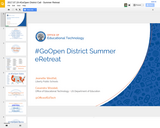
Open Educational Resources presentation
- Subject:
- Education
- Educational Technology
- Elementary Education
- Material Type:
- Primary Source
- Author:
- Tom Gavin
- Date Added:
- 11/16/2017

Open Educational Resources presentation
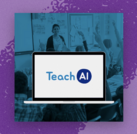
The AI Guidance for Schools Toolkit from TeachAI is designed to help education authorities, school leaders, and teachers create thoughtful guidance to help their communities realize the potential benefits of incorporating artificial intelligence (AI) in primary and secondary education while understanding and mitigating the potential risks.

aiEDU's AI Toolkits are materials designed to support teachers, parents and other community champions to share the importance of artificial intelligence education and support its adoption in your learning spaces.

World Education's AI for Learning and Work initiative is dedicated to exploring the intersection of artificial intelligence and education, and how it can shape the future of the way we live and work. On this page, you can access open resources, professional development offerings and opportunities to get involved.

Garnet Valley School District in PA established a deep commitment to open education when it first joined the #GoOpen Network over eight years ago to advance an OER initiative. Still on an innovative journey to transform teaching and learning, the district’s Director of Technology and Online Learning and Founder and Executive Director of nonprofit Edvative Learning, Sam Mormando is actively exploring the rapidly evolving landscape of AI technology and reflecting on ways it may be advantageous for education, and specifically, for OER.
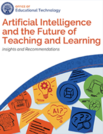
The U.S. Department of Education Office of Educational Technology’s new policy report, Artificial Intelligence and the Future of Teaching and Learning: Insights and Recommendations, addresses the clear need for sharing knowledge, engaging educators, and refining technology plans and policies for artificial intelligence (AI) use in education. The report describes AI as a rapidly-advancing set of technologies for recognizing patterns in data and automating actions, and guides educators in understanding what these emerging technologies can do to advance educational goals—while evaluating and limiting key risks.

Board Intro to #GoOpen 2016 for OET
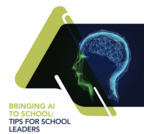
Artificial Intelligence is having a major impact on education. Whether you are excited or concerned about AI, as a school leader you have a responsibility to ensure AI is approached thoughtfully and appropriately in your school community and informs your vision for teaching and learning. This guide, developed by ASCD and ISTE, will help you quickly gain the background you need as a learning leader in an AI-infused world.
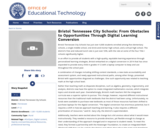
Bristol Tennessee City Schools has just over 4,000 students enrolled among five elementary schools, a single middle school, one brick-and-mortar high school, and a virtual high school. The district’s free and reduced lunch rate is just over 53%, with the rate at some of the four Title I schools significantly higher.
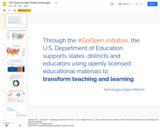
Broken Arrow 2018 Summit: About GoOpen Presentation
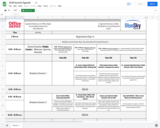
Broken Arrow 2018 Summit Agenda
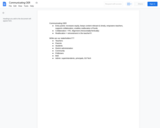
Broken Arrow 2018 Summit: Communicating OER
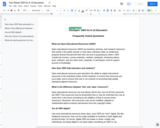
Broken Arrow 2018 Summit: K-12 OER Frequently Asked Questions

Presentation describing Liberty School District's use of OER.
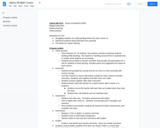
Class outline for a Liberty High School math course.

Broken Arrow 2018 Summit: OER Committee Presentation
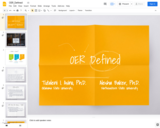
Broken Arrow 2018 Summit: OER Defined
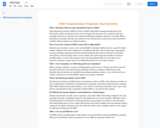
OER Communications Frequently Asked Questions
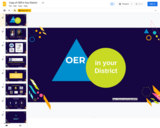
Broken Arrow 2018 Summit: OER In Your District
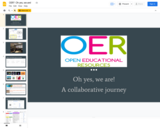
OER? Oh yes we are. Presentation about collaboration and OER.